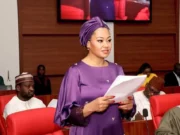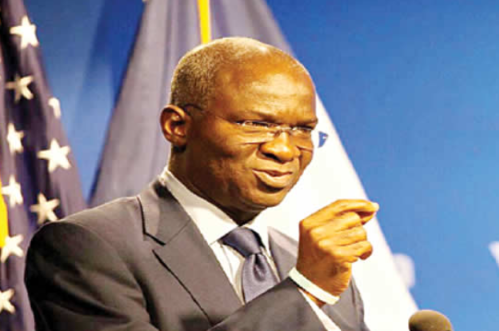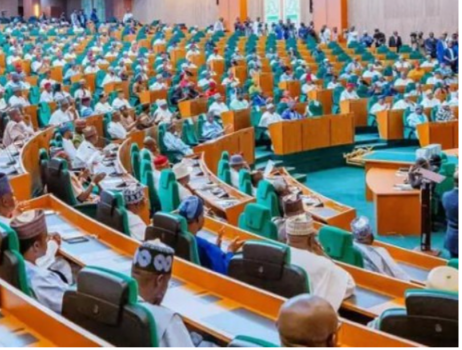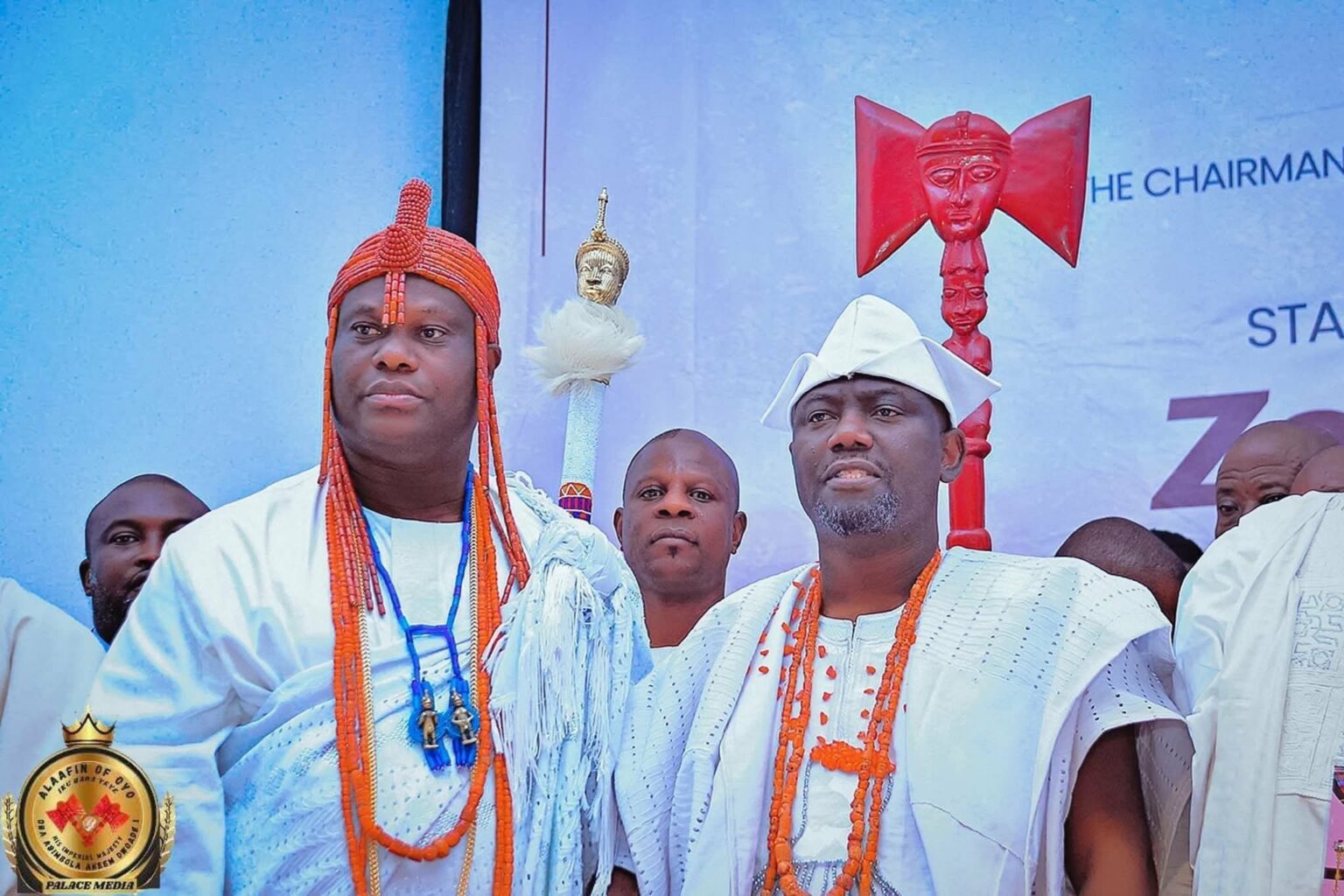In the midst of the rich Yoruba culture, a simmering conflict between two powerful monarchs has drawn the attention of the world raising deep-seated issues of legitimacy and the sanctity of the ethos of tradition. When the 48-hour ultimatum issued by the Ooni of Ife was set to expire on the 21st of August 2025, the signals coming of the Alaafin in Oyo’s palace indicated the imminent release of a significant Supreme Court ruling. According to palace insiders the Alaafin’s exclusive right to confer chieftaincy titles that cover the entire area of Yorubaland which could exacerbate the ongoing royal conflict.
The war erupted at the beginning of the week, after the Alaafin’s media spokesperson made a clear demand on Monday, requesting for Ooni to immediately take away from the Okanlomo from the Yorubaland title that was recently awarded to a prominent businessman. In support of the apex court’s decision the Alaafin claimed that the actions violated boundaries, and confined the Ooni’s authority to an Oranmiyan Local Government Area, currently broken down in Ife Central, Ife North as well as Ife South. The accusation was framed as an explicit violation of legal and historical precedents and placed as the Alaafin as the most important person in Yoruba administration.
As of Wednesday, when the deadline being met without compliance the Alaafin held several meetings with the palace’s top officials in Oyo town to map out the way forward. Many voices within the palace suggested it was possible that making the Supreme Court judgment public could be a significant step to emphasize his unparalleled position. Discussions on the internet were buzzing with speculation regarding possible consequences, and requests were raised for the Alaafin’s to moderate his approach and rescind the ruling to maintain peace.
To support the Alaafin’s views as an eminent title holder highlighted the monarch’s long-standing power in the political and historical realms of Yoruba areas. In a written correspondence to the nation that he wrote to the press, he suggested seeking legal avenues to confirm the supremacy of the monarch, while separating the Ooni’s status as a revered spiritual custodianship from that of the Alaafin’s supreme authority. He also reminisced about the vast reach of the epoch-making Oyo Empire, which once was influential in areas such as today’s Yorubaland, Dahomey, Offa and parts that comprise Kogi State. “As the paramount ruler of the Oyo Empire, which historically spanned vast territories including present-day Yorubaland, Dahomey, Offa, and parts of Kogi State, the Alaafin’s jurisdiction and authority are rooted in tradition and law,” the letter states. “The issuance of Yoruba-wide titles is a prerogative reserved for the Alaafin, as the Emperor and ruler of the Yoruba people. This position has been reinforced through various judicial pronouncements, culminating in affirmation by the Supreme Court of Nigeria. The Alaafin’s role as the paramount authority in Yoruba land is not merely a matter of tradition but is also grounded in legal precedent. This is not just a matter of personal prestige but also of preserving the cultural heritage and traditions of the Yoruba people.”
However, not all views agreed with this viewpoint. An experienced lawyer opposed the interpretation, arguing that there is no Supreme Court verdict or constitutional provision gives the Alaafin sole power over matters that concern all Yoruba. He said that court rulings are contextual and do not necessarily make the Alaafin the sole judge of Yoruba legitimacy. “With the greatest respect, the oft-cited Supreme Court decision that purportedly vested Alaafin authority now exaggerated must be properly confined to its facts,” he said. “Judicial pronouncements are case-specific, and no ratio decidendi of that Court has ever declared the Alaafin the sole custodian of Yoruba legitimacy. No statute in any Yoruba-speaking state vests exclusive authority in the Alaafin to confer titles of pan-Yoruba significance, and the Court cannot by judicial fiat extend such jurisdiction.”
The Ooni’s actions as being within the cultural, historical and legal limits and portrayed Ile-Ife as a definite source of the Yoruba civilization. It is where the progenior Oduduwa established the authority that all subsequent kingdoms such as Oyo emerged. “The law is clear, history is unambiguous, and jurisprudence is settled,” said the official. “The Ooni of Ife has not usurped power; he has exercised it intra vires–lawfully, historically, and culturally. He remains the ancestral father of the Yoruba nation, and his competence to confer honours symbolic of unity is beyond reproach.” Affirming the need for a judicious counsel for Alaafin, the king emphasized the widespread acceptance of the primacy of Ile-Ife in Yoruba mythology, implying that the awarding of the title represented an act of unity rather than an excessive gesture.
As the royal impasse continues to unfold and the court’s decision is made, it highlights the complex relationship between law, tradition and modern interpretations for keeping Yoruba unity and unity, as both sides draw on the ages-old legacy of Yorua to establish their position. The possible announcement of the court’s ruling could be a turning point and open the door to a wider discussion on the role of leaders within the most powerful cultural groups.
















